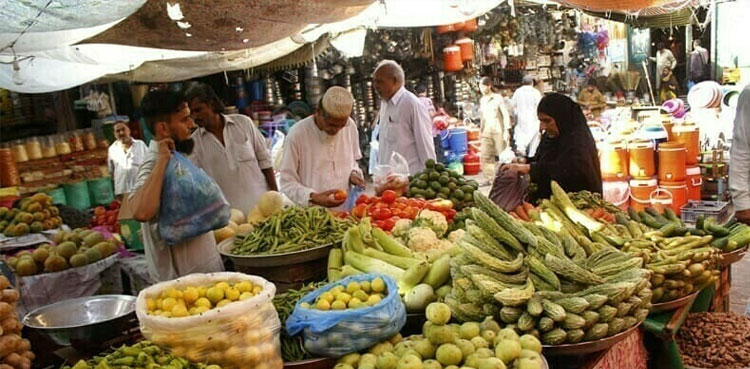- Joined
- Sep 11, 2023
- Runs
- 22,477
The streets of Pakistan are filled with the sounds of despair. Families are struggling to make ends meet, their incomes stretched to the limit by soaring prices. The once-thriving markets now stand empty, a testament to the devastating impact of the economic crisis.
The latest Asian Development Outlook report may boast of a promising 5% economic growth for the region, but for Pakistan, the reality is starkly different. Our inflation rate remains elevated, our debt suffocating, and our revenue allocated mostly towards debt repayment.
But behind these numbers are real people, real stories, and real struggles. The father who works multiple jobs to feed his family, the mother who sacrifices her own meals to ensure her children have food, the young adult who graduates from university with a degree but no job prospects, and the elderly who must choose between medicine and food.
The people of Pakistan deserve better. We deserve a government that cares about our struggles, our hardships, and our future. We deserve a government that prioritizes our needs, not just the interests of the elite. We deserve a government that takes concrete steps to address our economic challenges and ensures a brighter future for all Pakistanis.
The latest Asian Development Outlook report may boast of a promising 5% economic growth for the region, but for Pakistan, the reality is starkly different. Our inflation rate remains elevated, our debt suffocating, and our revenue allocated mostly towards debt repayment.
But behind these numbers are real people, real stories, and real struggles. The father who works multiple jobs to feed his family, the mother who sacrifices her own meals to ensure her children have food, the young adult who graduates from university with a degree but no job prospects, and the elderly who must choose between medicine and food.
The people of Pakistan deserve better. We deserve a government that cares about our struggles, our hardships, and our future. We deserve a government that prioritizes our needs, not just the interests of the elite. We deserve a government that takes concrete steps to address our economic challenges and ensures a brighter future for all Pakistanis.

















